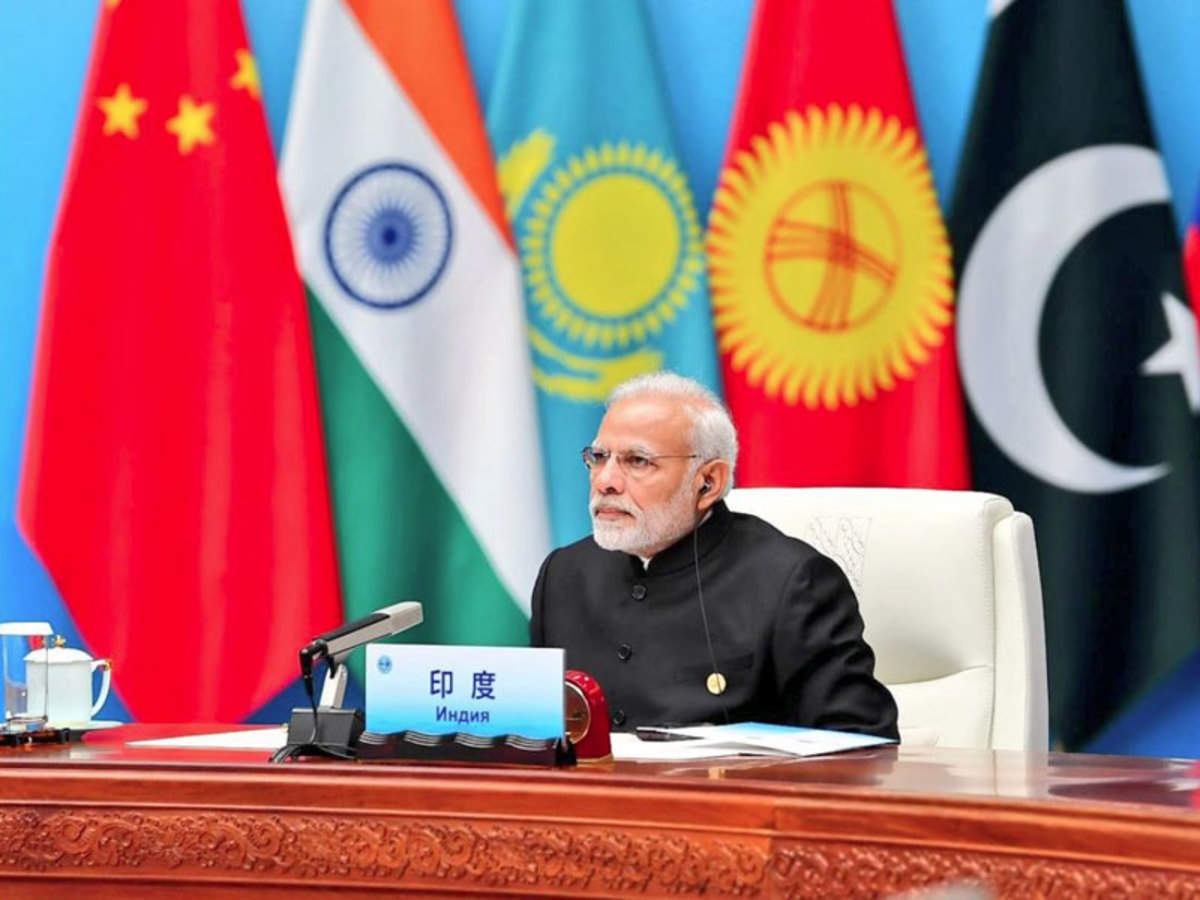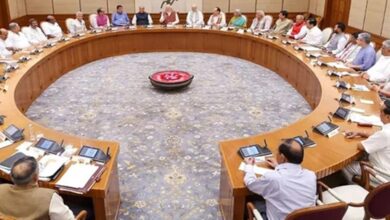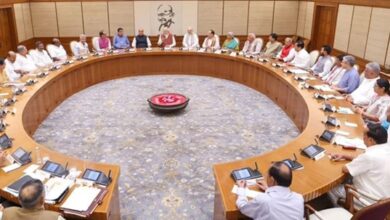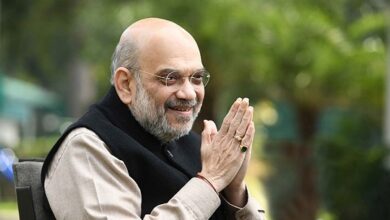
India Hosts Shanghai Cooperation Organization Meeting, Focusing on Regional Security and Cooperation
The Shanghai Cooperation Organization (SCO) is an intergovernmental organization founded in Shanghai on 15 June 2001. The SCO currently comprises eight Member States, four Observer States interested in acceding to full membership, and six “Dialogue Partners”. Since its inception in 2001, the SCO has mainly focused on regional security issues, its fight against regional terrorism, ethnic separatism and religious extremism.
To date, the SCO’s priorities also include regional development. The Department of Political and Peacebuilding Affairs (DPPA), as well as UNRCCA (United Nations Center for Preventive Diplomacy for Central Asia), have been working closely with the SCO to promote regional peace and security.
India’s Role
India played a significant role in the Shanghai Cooperation Organization (SCO) this year. As the host of the SCO meeting, India has the opportunity to provide hope for the troubled neighbours, India and Pakistan, after nearly a decade of hostile relations toward each other. India’s Chairmanship of SCO in 2023 is ‘SECURE-SCO’, and India attaches special importance to SCO in promoting multilateral, political, and economic cooperation.
The foreign ministers of the SCO agreed to deepen cooperation on security matters and step up their combined efforts to fight terrorism. The Member States highly appreciated the outcomes of the Republic of India’s presidency of the SCO in 2022-2023, which has contributed to the organization’s development.
India sees its SCO membership as a means to increase engagements with the Eurasian region. However, India’s participation in the grouping comes with several limitations, including disputes with China and Pakistan, leaving little room for India to maneuver in this grouping.
Iran’s Induction and its Implications
Leaders of the Shanghai Cooperation Organization (SCO) emphasized the importance of establishing a “more representative” and multi-polar world order during a virtual summit chaired by Indian Prime Minister Narendra Modi on July 4.
This summit was significant because it marked Iran’s formal inclusion as a permanent member in the SCO. Iran’s membership in the SCO is expected to have several implications for the region and the organization itself. Iran’s membership will provide it with an opportunity to strengthen its economic, commercial, transit, and energy cooperation with the SCO member states.
It will also help Iran to reduce its dependence on the West and to pursue stronger relations with China and Russia, the organization’s two most powerful members. Iran’s membership in the SCO will increase the organization’s geopolitical significance and expand its reach in the Middle East. It will also strengthen the organization’s efforts to counterbalance the influence of the West in the region.
The inclusion of Iran in the SCO will help to promote regional stability and security by providing a platform for dialogue and cooperation among the member states. Overall, Iran’s membership in the SCO is expected to have significant implications for the region and the organization itself, and it symbolizes the beginning of a new era of regionalism.
Significance of SCO
The SCO has mainly focused on regional security issues, its fight against regional terrorism, ethnic separatism, and religious extremism. Additionally SCO promotes connectivity among its member states through infrastructure projects, including the China-Pakistan Economic Corridor (CPEC) and the International North-South Transport Corridor (INSTC).
For security cooperation, the SCO has a Regional Anti-Terrorist Structure (RATS) to promote cooperation among member states in the fight against terrorism, separatism, and extremism. RATS provides a platform for sharing intelligence, conducting joint exercises and operations, and coordinating actions to prevent and combat terrorism in the region.




